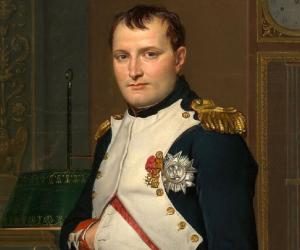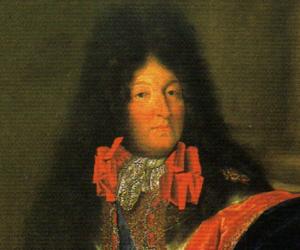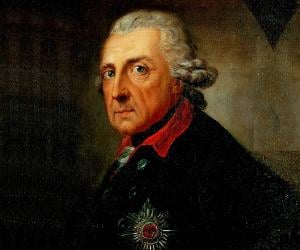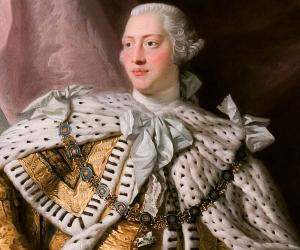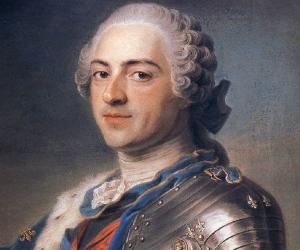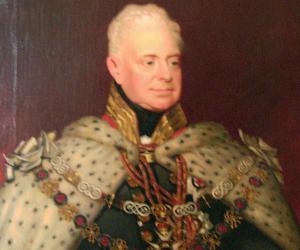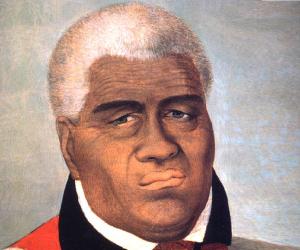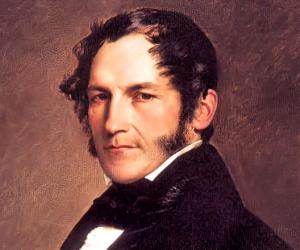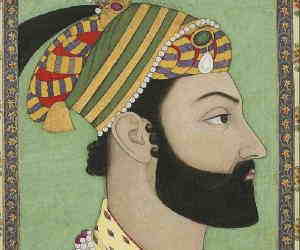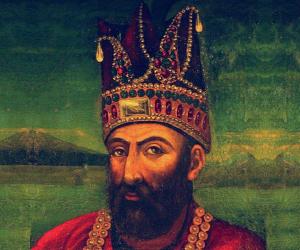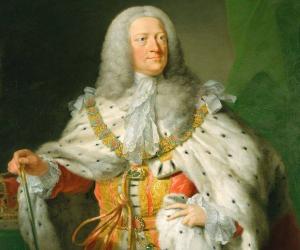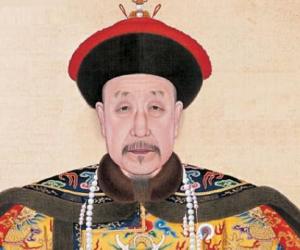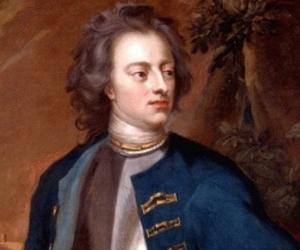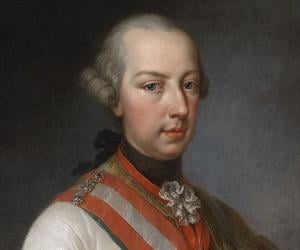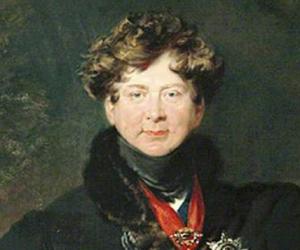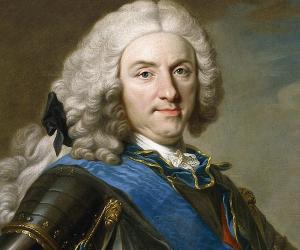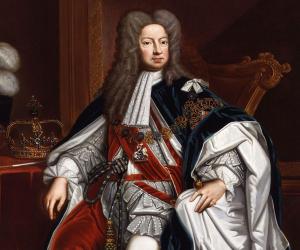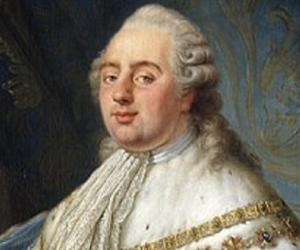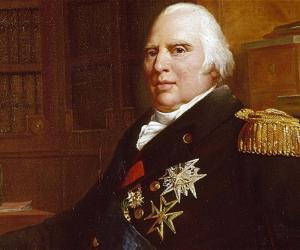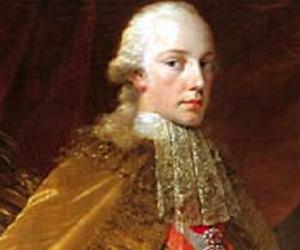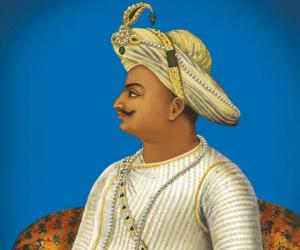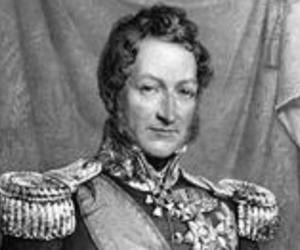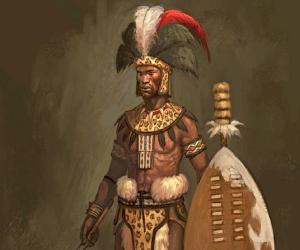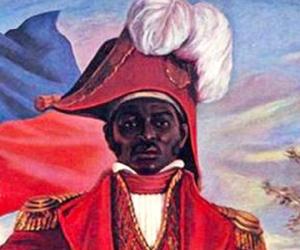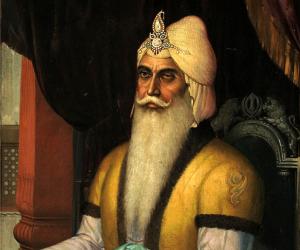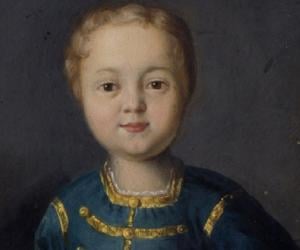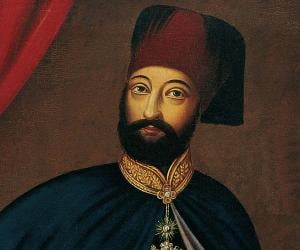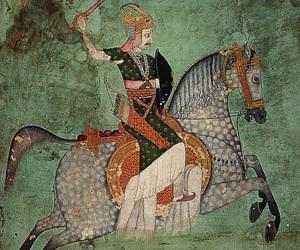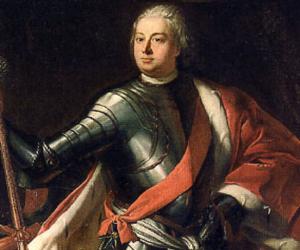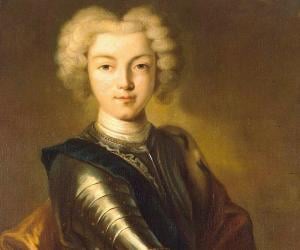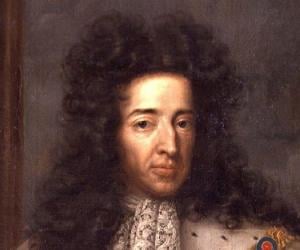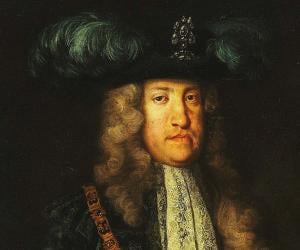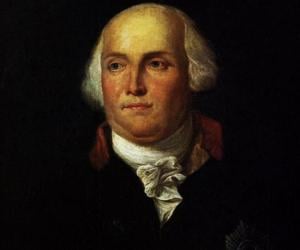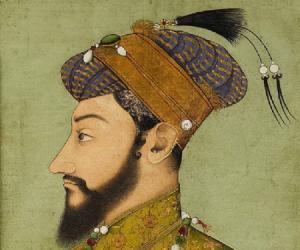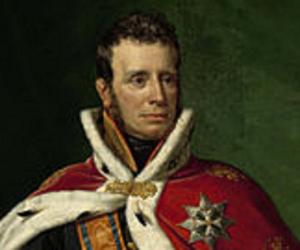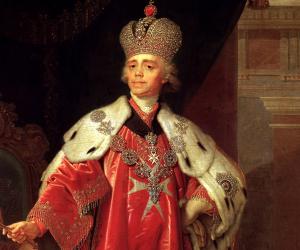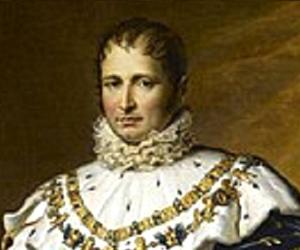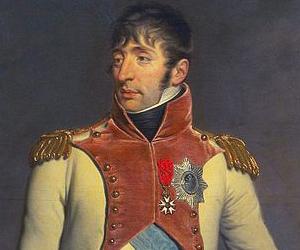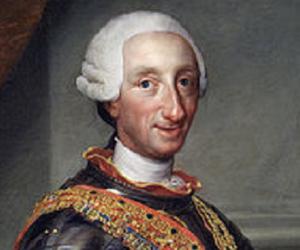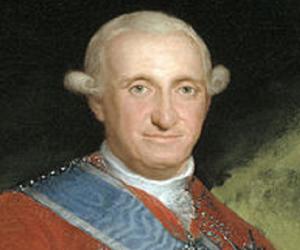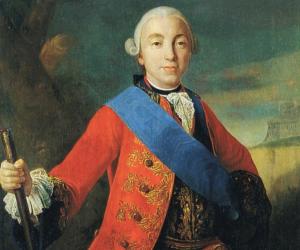Louis XIV of France reigned as the King of France from 1643 to 1715. Louis XIV is the longest-reigning monarch of a sovereign country in the history of Europe. Under his rule, France often asserted its military prowess and emerged as the most dominant European monarchy. His life inspired several films, such as The Taking of Power by Louis XIV.
The King of the United Kingdom of Great Britain and Ireland for almost six decades, George III had a reign that was longer than those of any of his predecessors. His reign was marked by a series of military conflicts. He suffered from mental illness in his later years.
Nader Shah reigned over Iran as the Shah of Iran from 1736 until his death in 1747. He is widely regarded as one of the most powerful rulers in the history of Iran. He has also been described as the Napoleon of Persia, thanks to his military genius, which was evident in his several campaigns.
Joseph II reigned as the Holy Roman Emperor from 1765, and as the sole ruler of the Habsburg lands from 1780, until 1790. Son of Empress Maria Theresa and Emperor Francis I, and brother of Marie Antoinette, he laid down policies now known as Josephinism. He died without heirs.
Regarded as the first gentleman of England, King George IV of the United Kingdom saw his empire consolidating its position as the global hegemon, particularly after the Napoleonic Wars. His regency during the illness of his father and then his 10-year reign were marked by royal extravagance.
Philip V reigned as the king of Spain from November 1700 to January 1724, and again from September 1724 to 1746. Philip introduced the centralization of monarchy and imposed the Nueva Planta decrees. Philip's accession initiated the 13-year War of the Spanish Succession. His final years were marred by depression.
Louis XVI of France reigned as the last king of France from 1774 to 1792 before the French Revolution, which ended the monarchy in France. During his reign, Louis made attempts to remove land and labor tax, abolish serfdom, and improve tolerance toward non-Catholics. However, the proposed reforms were opposed by the French nobility.
Louis XVIII of France was the king of France from 1814 to 1824, except for the duration of the “Hundred Days” in 1815. He was the son of Louis, Dauphin of France, and his wife Maria Josepha of Saxony. He ruled for slightly less than a decade. He was not popular as a king.
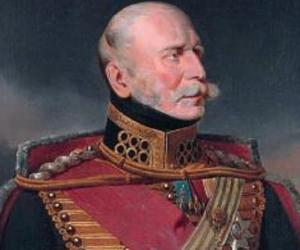
Ernest I, Duke of Saxe-Coburg and Gotha reigned as the Duke of Saxe-Coburg-Saalfeld from 9 December 1806 to 12 November 1826. He oversaw the construction of many projects, including a court theatre, in Coburg. Ernest is also remembered for the educational, constitutional, and economic development of his territories.
Widely regarded as one of the most influential and important monarchs of the Zulu Kingdom, Shaka reigned as the king of the Zulu Kingdom from 1816 to 1828. Through a series of influential and wide-reaching reforms, Shaka was able to re-organize the Zulu military into a formidable force. His life and work inspired the 1986 South African TV series, Shaka Zulu.
Jean-Jacques Dessalines was an important figure and leader of the Haitian Revolution. He went on to rule an independent Haiti, which became the first country to abolish slavery permanently. Considered one of Haiti's founding fathers, Dessalines reigned as the emperor of Haiti from 1804 until his murder in 1806. Today, he is regarded as an icon of Haitian nationalism.
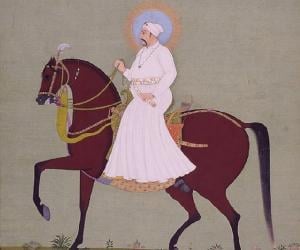
Mahmud II reigned as the Sultan of the Ottoman Empire from 1808 to 1839. His reign was marked by the extensive military, administrative, and fiscal reforms which he initiated. The reforms that he initiated eventually led to the formation of the modern Turkish Republic. He is also credited with rebuilding a strong naval force for the empire.
Baji Rao I was a peshwa, or chief minister, of the Maratha empire in India. His conquests led a massive blow to the Mughal Empire. In spite of being married to Kashibai, he took a second wife, half-Muslim Mastani, a story that was retold in several movies later.
The Soldier King Frederick William I of Prussia is remembered for transforming his nation into a prosperous state. He was known for his simple lifestyle, as opposed to his father’s kingly excesses. His experience at the War of the Spanish Succession led him to strengthen Prussia militarily, too.
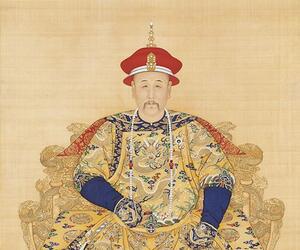
Yongzheng reigned over the Qing dynasty as its fourth Emperor from 1722 to 1735. He was also the third Qing emperor to reign over the Eighteen Provinces. Remembered for his hard-working nature, Yongzheng's most prominent objective was to come up with an effective government at minimum expense. Yongzheng, who cracked down on corruption, is credited with forming the Grand Council.
Much before his daughter Maria Theresa’s birth, Emperor Charles VI’s Pragmatic Sanction enabled his future daughter to succeed him, due to the lack of male heirs. Though he was always busy fighting, he apparently did it all to bring about peace. He had also unsuccessfully attempted to conquer Spain.

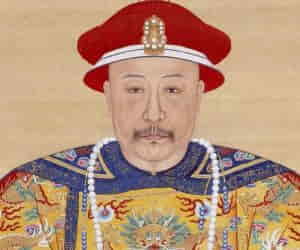
Jiaqing served as the sixth emperor of the Qing dynasty from 1796 to 1820. He was also the fifth Qing emperor to reign over the Eighteen Provinces. Jiaqing's reign is remembered for the prosecution of a corrupt official named Heshen. He made several attempts to curb the smuggling of opium into his dynasty and to restore order within the empire.
Though he wasn’t a politically experienced ruler, Frederick William II’s reign as the king of Prussia proved to be beneficial for the country in terms of expansion. However, his excesses and his affinity for Protestantism made him unpopular. He patronized art and culture and even played the cello.
Aurangzeb reigned over most part of the Indian subcontinent for 49 years as the sixth Mughal emperor. He helped the Mughal Empire reach its greatest extent and helped India become the biggest manufacturing power and the world's largest economy. He was known for his religious piety and led a very simple life..
William I of the Netherlands reigned as the king of the Netherlands from 1815 to 1840. Before declaring himself King of the Netherlands, William I had an influential career in the military. In 1790, he was made the Dutch States Army's general of infantry where he served under his father William V, who served as Captain-General.
Older brother of Napoleon, Joseph Bonaparte, had been the king of Naples and Spain. After Napoleon’s fall, he was exiled to New Jersey, U.S. Later, in Europe, he lived a lavish life at Point Breeze, surrounded by all the wealth he had inherited, along with a classy collection of paintings.
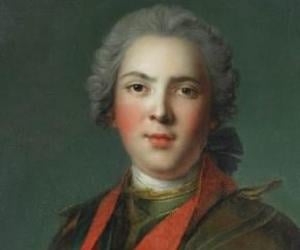
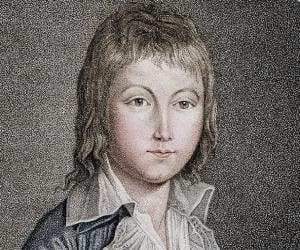
Louis Bonaparte reigned over the Kingdom of Holland from 1806 to 1810. The younger brother of Napoléon Bonaparte, Louis followed in the footsteps of his brother and served in the French Army. He was later made the new king of Holland by Napoleon. However, Louis' wilfulness forced Napoleon to annex Holland into the French Empire and Louis fled into exile.
Charles III succeeded his heir-less half-brother, King Ferdinand VI, to the throne of Spain. Apart from rejuvenating the areas of scientific research and agriculture, Charles also reduced the powers of the Church. He was also known for his signature Bourbon nose, his cynicism, and his sharp tongue.
Peter III of Russia reigned over Russia as the emperor for just six months in 1762 before being deposed by people loyal to his wife Catherine II, who then succeeded him. In his short reign, Peter made progressive reforms, including the abolishment of the secret police, which was renowned for its extreme violence. Peter is often portrayed in films.
